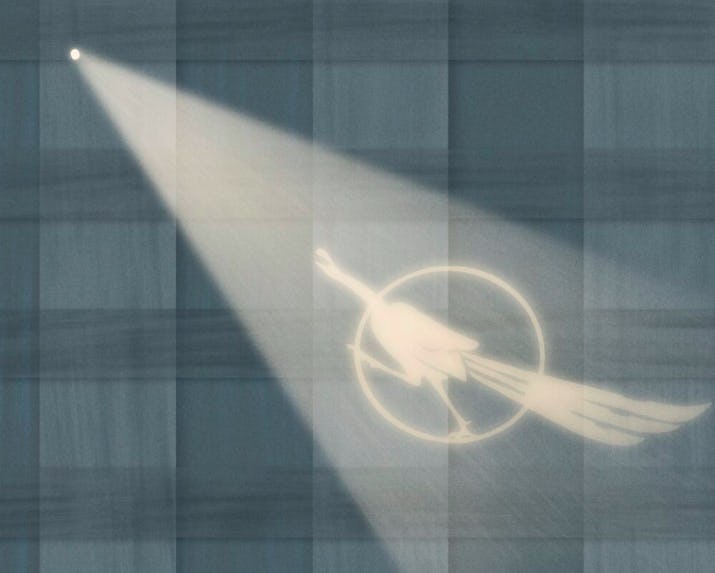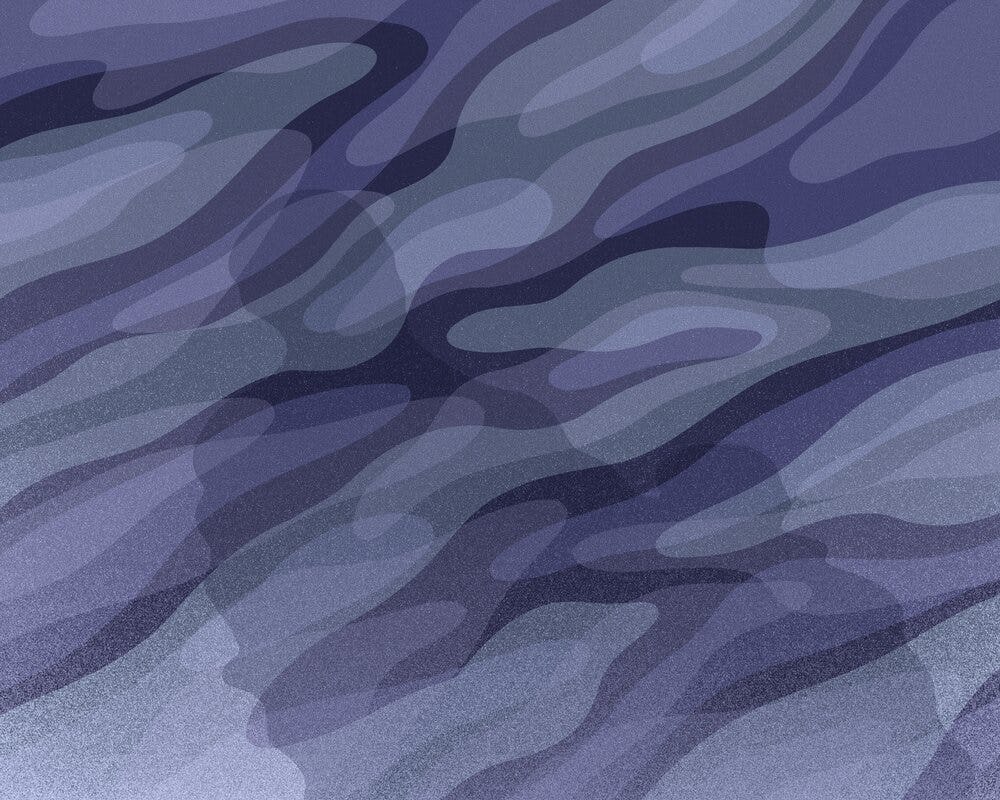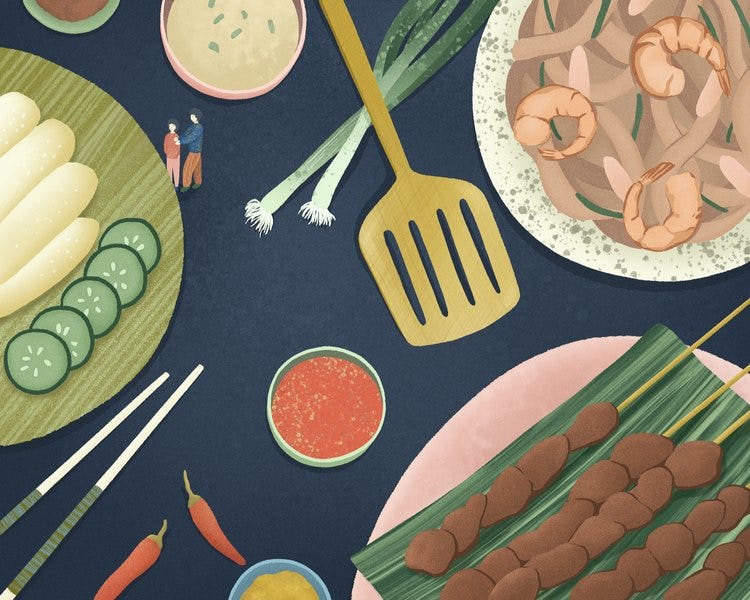Portside Review

'A hole the size of a pencil tip': Reflections on Burma’s coup since February
'There’s a line in Burmese poet Min San Wai’s poem "Hole" that acutely captures what I have felt since February, when the military seized power in Burma and unleashed its campaign of violence. The poem is an elegy to Pan Ei Phyu, a fourteen-year-old girl killed by a bullet that pierced the bamboo wall of her house in Meiktila, Burma. Its title is a reference to the bullet hole etched on the bamboo wall – the size of a pencil tip – a miniature image of the mass atrocities Burma’s regime has committed on its people. In the poem, family members take turns peering into the hole, trying to reclaim their daughter.'
The massive refugees protest in Jakarta
Rohingya journalist and refugee advocate JN Joniad reports from Jakarta in August 2021 as hundreds of refugees, detained in Indonesia due to Australia’s deterrence policies, protest outside the UNHCR office to request resettlement. Further protests by refugees have since been held in Jakarta and other parts of Indonesia. (Note: this is an audio recording.)
So when I arrived at the detention, I was so scared to see all these giant walls and electric fences, that refugees are trapped in this prison. Like in real prison. As I was going through the gate I was asking myself what I had done wrong that I got me into this jail, if seeking safety is a crime...In the detention centre, I saw hundreds more refugees from different countries, all of whom had intended to go to Australia, all detained in the detention. And later, I saw an old man coming down the street from another building. And I was kind of curious to learn about the family, about them. And later when I heard that they had been in that building for the last 17 years, I was like, Oh my God.
What deserves a glass case?
Sachini Poogoda: I understand what you mean about the museum exhibition focusing a lot on the Indian Ocean being a mode of travel, particularly for ships from colonial England, which is not quite what I expected. I thought it would give more weight to the countries connected through it, kind of like what Weihsin Gui discusses in the piece we published in PR’s first issue, 'How to Know the Indian Ocean.'
Lauren Pratt: Yes, I agree with you – I wasn’t expecting the exhibition to focus so heavily on British and Western Australian connections. I also wish that there was more detail about cross-cultural relations and how cultures from across the Indian Ocean have impacted and influenced each other. Some displays, such as the one you mentioned, were so small and made up a tiny part of the overall exhibition when cultural appropriation is actually a really complex topic.
(Note: many thanks to Portside Review for granting open access to this piece.)
Dawn Finds Us
Arka Kinari is a group that sails around the world hosting music performances and workshops to educate people about climate change. In this audio piece, three of the crew members recount the heartening day and harrowing night that ensued after docking at the coastal village of Lamakera in Indonesia.
It’s a day that dawned in startling natural beauty, a morning of life aboard a working sailing ship, an afternoon treated to a heroes’ welcome, before devolving into an evening lynch mob capped by a dangerous midnight escape.
(Note on access: this is an audio piece.)

The Sea Remembers
Just when you turn your back on it and give it up for lost, it starts to come back, tides sweeping in from the lost horizon, or maybe it is rising in you, the sea returning with its waves of remembering, its lilting cadences and lapping folds on the mossy, weedy sea-wall, the hum, the chugging of sampans and tongkangs, the stirring sea breeze and bracing salt air, the shifting chords of bronze light, all the missing places, faces and voices, the vanished years come rolling in on the incoming tide, the Marina Barrage disappeared by memory’s reverse sleight of hand, the sea roads open again to archipelagic echoes.
This stirring poem by Kim Cheng Boey about his late father and memory’s tidal pull also appears in Boey’s latest collection, The Singer and Other Poems. It can be read as a companion piece to the titular poem, 'The Singer', written in memory of his mother.

Home Cooking
What joy can we find in honouring adaptability, effort, time and love when it comes to appreciating food’s value? What do we lose when we measure food’s 'authenticity' by its adherence to a standard that lies beyond geographical and practical reach?
The evolution of my dad’s cooking, and the process he has undertaken throughout his life in Australia, excites me too. Something can always be improved or tweaked; it allows for adaptation, so the culinary journey never ends. And the food becomes just that much tastier.